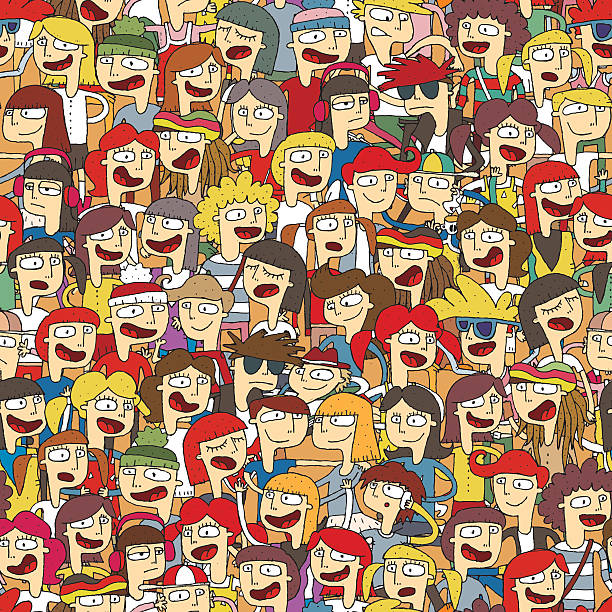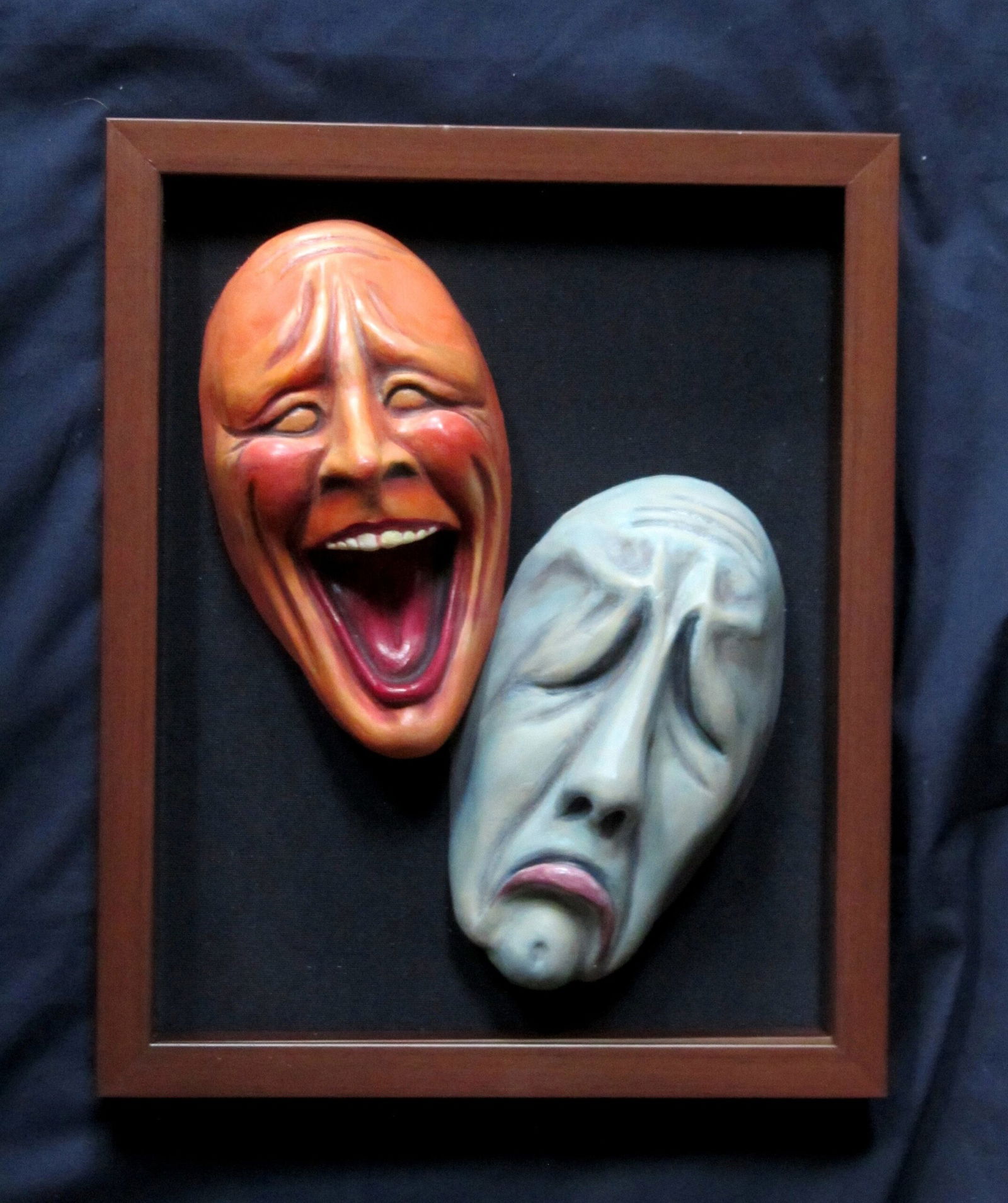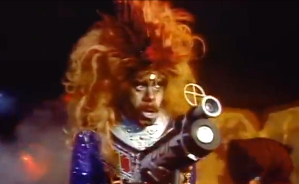
Listen to and/or Read the Article
Stand Up Comedy Terms
In this article, , I’ll guide you through the language of comedy so when you talk to comedians you won’t sound like an idiot. When you’re fluent in comedian speak, then you can check this off your list as you move from being an aspiring to open mic comedian.In my previous articles in the Aspiring Comedians’ Checklist, I’ve covered:
Stand-Up Comedy Videos to Harden Your Funny Bone
Read Stand Up Comedy Blogs to Fuel Your Dreams
Study the Styles of Comedians to Unleash Your Inner Comedian
Watch Stand Up Shows to Ignite Your Comedy Passion
Get Your Jokaholic Fix – Addicts Guide to Joke Books
These items are the reflectors along the road to guide you down the road to becoming a stand-up comedian without crashing and burning. Check off or jerk off, it’s up to you.
How learning stand up comedy terms can benefit you.
One of the best ways to become a comedian is to know what’s already out there by reading current and classic joke books. Over imbibe in the endless intoxication of the possibilities of making people laugh.
Joke books offer valuable insights into the mechanics of humor and the different techniques used to create jokes. We’ll explore why reading classic and current joke books is essential for anyone who wants to become a comedian and master the art of joke writing.
Stand Up Comedy Term Categories
I’ve put the following stand up comedy terms into categories so I can get you familiar with some of the most common stand up comedy terms in their contexts. This is just a way to organize this article as comedians don’t think about their lingo in this manner.
Also, I’ve not defined all of the terms in the article as I’m giving you an opportunity to explore more by going inside my Glossary of Stand Up Comedy Terms to explore these terms and more. You can never be too educated.
Styles of Stand Up Comedians
There are many styles of comedians out there, each bringing their own unique flair and perspective to the stage. From physical comedians who use their body language and facial expressions to generate laughter to satirical comedians who use humor to critique social and political issues, the world of comedy is diverse and ever evolving.
Click on the terms below to investigate some of the styles of funny people:
- comedian (1) Someone who seeks to entertain people by making them laugh. (2) Funny person who uses a character to get laughs. “Comics say funny things. Comedians say things funny.” – Ed Wynn
- comic
- eccentric
- prop comic
- storytelling
- variety performer
The more you know about the different styles of comedians the better you’ll be at determining which you most resemble.
Comedian’s Positions in Shows
Comedians hold various positions in comedy shows that contribute to the overall laughter and entertainment. Whether you’re an aspiring comedian or a fan of comedy, understanding comedian positions in a show adds depth to knowing where you’re headed.
Click to get their definitions:
- opener first comedian in the traditional three-comedian stand-up comedy show lineup. (Sometimes the opener is also the MC.)
- feature
- headliner
- MC
- paid regular
- unpaid regular
As you enter the doors of stand up comedy club and rooms this is part of the lingo you’ll need to know.
Aspects of Being a Stand Up Comedian
There are many related concepts that are part of being a comedian. Here are some of the things you’ll need to know as you step into the role of comedian.
- road comic professional comedians who travel to do comedy club work outside their residential city to make a living doing stand-up comedy.
- 5 LPMs
- bumped
- flop sweat
- green room personality
- wind down
This selection runs the gambit of the aspects of being a comedian, then each of these will lead you to even more. So much to learn and plenty of time to do so.
Material and Joke Writing
The key to writing great material and jokes is to tap into your creativity and unique perspective. Start by observing the world around you and finding humor in everyday situations. What makes you laugh? What absurdities do you notice in your daily life?
Here’s some of the info you need to know about jokes.
- one-liners short jokes using a setup and a punchline. (Called one-liners, yet most contain two sentences.)
- setup
- punchline
- tag
- premise
- routine
Remember, writing material and jokes is an ongoing process. It takes practice and refinement to develop your comedic voice. Keep experimenting, performing in front of audiences (or friends), and paying attention to their reactions. This feedback will help you fine-tune your material.
Understanding Joke Structure
This is the most important knowledge you’ll need for everything to do with writing and performing stand up comedy. With a solid foundation of understanding how jokes work, you’ll put your comedy career on the fast track because you won’t have to spend years learning about structure, but instead put in your 10,000 hours practicing and performing.
Learn how jokes work:
- joke structure often referred to as setup, punchline, and sometimes tag.
- Greg Dean Joke Structure
- 5 joke mechanisms
- Target Assumption
- Connector
- Reinterpretation
I know these are new terms even for accomplished comedians, yet these joke mechanisms will increase your ability to write material at will.
Stand Up Comedy and Storytelling
Many aspiring comedians tell me they want to tell funny stories. What they don’t understand is that it requires many more skills of writing and performing to tell stories, rather than just do one-liners.
Here’s a bit of what you’ll need to know:
- scene work (1) stand-up comedy routine which includes a scene that is acted out. (2) when comedians, from Narrator POV, set up scenes, and then act out the scenes using Self POVs and Character POVs to portray all the roles for comic effect.
- storytelling
- Narrator POV
- Character POV
- Self POV
- storytelling without scene work
Some of these terms are based on my Anatomy of Funny Storytelling. This information will give a clear understanding of how storytelling is a series of skills.
Lastly, never stop learning and evolving as a comedian. Attend workshops or classes to refine your skills. Study the comedy greats and stay up-to-date with current trends. The comedy industry is constantly evolving, and it’s important to stay relevant and adapt to changes.
Next Up
In this article, I’ve helped you with some of the terms and lingo of comedians in the categories of styles, show positions, being a comedian, material, joke structure, and storytelling. Browse through my glossary so you can check off even more words as you strengthen your comedic vocabulary.
In my next article, How to Become a Comedian Blog Series – Aspiring Comedian’s Checklist: Speak like Comedians: Decoding Stand Up Comedy Terms – Part 2, I’ll continue to explain and give access to my Glossary of Stand Up Comedy Terms with the additional categories of Types of Clubs, Functions of Clubs, Equipment, Audiences, Performing, Work and Representation. These will fill out your vocabulary as you become a comedian.
Laughter is contagious, pass it on.
Free How to Build a Stand-Up Comedy Routine Webinar

Are you ready to fast-track your stand-up comedy career? In this on-demand webinar, discover proven techniques and skills that can shave years off your journey to success! Learn how the pros build a compelling and hilarious stand-up routine with expert guidance. Don’t miss out on this chance to see how you can achieve your dreams faster.










